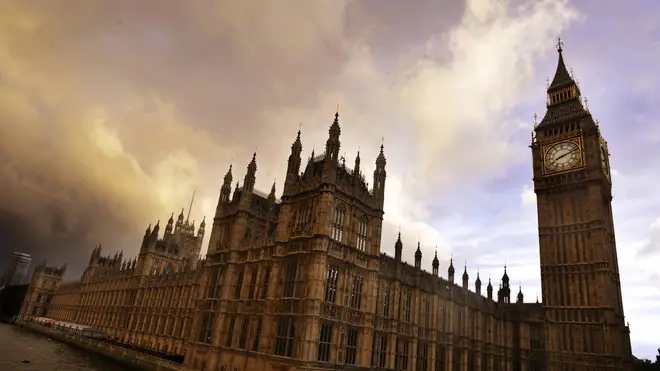
Shelagh Fogarty 1pm - 4pm
6 August 2019, 15:17 | Updated: 6 August 2019, 15:42

A cross-party group of MPs have mounted a legal challenge to the Prime Minister's ability to prorogue Parliament in order to force a no-deal Brexit.
The group, which includes Liberal Democrat leader Jo Swinson, Labour's Lord Peter Hain, independent MP Heidi Allen and SNP's Joana Cherry, have lodged legal papers in the court of session in Edinburgh to rule on whether Boris Johnson has the right to suspend Parliament in order to force through no-deal.
The crowdfunded challenge, led by the Good Law Project, the same team that won a victory at the European Court of Justice last year over whether the UK could unilaterally cancel Brexit by revoking Article 50.
Shutting down Parliament, also known as proroguing, to prevent MPs being able to vote against leaving without a deal is "unlawful and unconstitutional" according to the challenge backed by more than 70 MPs and peers.
- What Is Proroguing? Why Are Brexiteers Considering It? When Has It Been Used Before?
- Boris Johnson Refuses To Comment On Proroguing Parliament
The Prime Minister has threatened to take the uK out of the EU 'come what may' at the end of October.
But with the UK government and the EU seemingly at a standoff over renegotiating the three-times rejected Withdrawal Agreement, Mr Johnson has not ruled out proroguing Parliament in order to force no-deal through.
The legal papers, lodged with the Court of Session in Scotland states: "Seeking to use the power to prorogue Parliament to avoid further parliamentary participation in the withdrawal of the UK from the EU is both unlawful and unconstitutional."
Whilst no date has been set to hear the case, the campaigners have stressed the time-sensitive nature of the challenge, with less than three months until the current withdrawal date.
The challenge adds: "The issues raised in this petition clearly concern a live constitutional issue on which there is a real and practical necessity to have the court's determination as a matter of urgency."